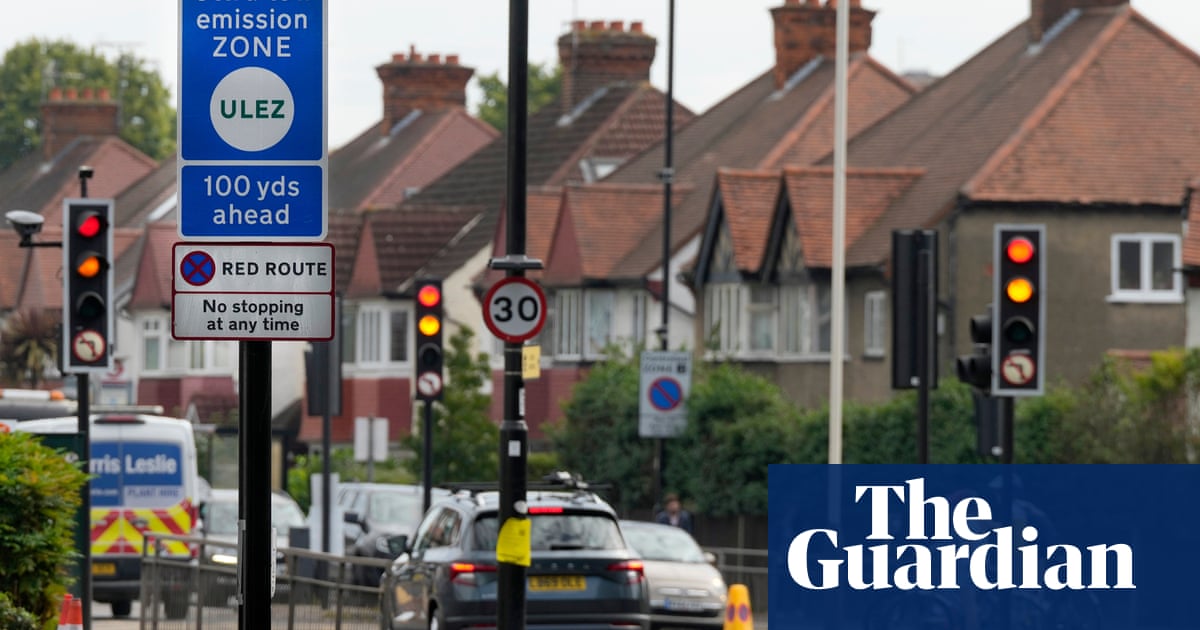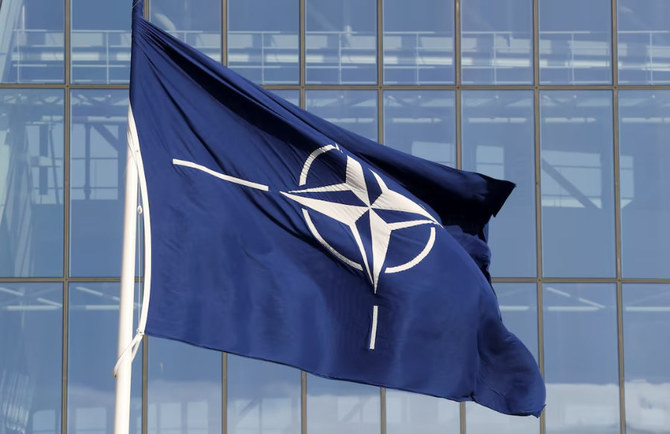
Cometh the UK’s political party conference season, cometh the pandering to grassroots members, pledging heaven on earth without cost or sacrifice. No more “blood, toil, tears and sweat” speeches; instead, things are more akin to visiting a fantasy sweetshop and filling one’s bags with whatever one’s heart desires, all free of charge. And nothing appeals more to the governing Conservative Party’s rank and file than continuing to blame Europe for the government’s own shortcomings, especially its failure to deal with the immigration crisis, with recent particular emphasis on those desperate ones arriving — not all of them alive — after crossing the English Channel in tiny boats, and the government hoping to be able to send them to Rwanda as part of an ill-conceived and probably illegal plan concocted between the governments in London and Kigali.
If anyone can be trusted to take the most hostile approach to both migrants and Europe, it must be the UK Home Secretary Suella Braverman. Back from her summer break, she renewed her attack on the European Court of Human Rights with full venom, calling it, in an interview with the BBC, “politicized and interventionist,” and an encroachment on British sovereignty.
In further sign of her government’s isolationist mindset, Braverman suggested that the government would be prepared to withdraw from the ECHR, which is based in Strasbourg, for allegedly thwarting her grand plan of sending asylum-seekers to Rwanda. It is worth differentiating between the failed, immoral and impractical Rwanda policy and the wider implications of quitting the ECHR. For the government to relinquish its responsibilities to refugees and asylum-seekers, and send them to Rwanda, was a stillborn idea to begin with, one that stood no chance of endorsement by a British court, but one that also at best could have solved a tiny fraction of the problem, and in any case would take years to implement. It enabled the government to be seen as acting tough on immigration, but with little return and in the process losing international respectability.
However, the attack on the ECHR is itself an attack on human rights. Undoubtedly, the “small boats issue” presents a challenge to both the UK and the EU in their efforts to regulate migration. It is a humanitarian issue, part of an international commitment to protect those who are fleeing persecution in accordance to international convention, and at the same time ensure that they are not exploited in their desperation by unscrupulous criminal networks of human traffickers, who cause thousands of migrant deaths by drowning every single year thanks to the boats they use being totally unfit for purpose. Moreover, trumpeting their populist anti-migrant rhetoric — and the British government does this more than most — governments conveniently forget that their economies require a constant stream of migrants to plug ever-growing holes in the labor market. However, in the bigger picture, even if the UK government feels that it is the ECHR that is stopping it from implementing a certain policy, this is no justifiable reason to abandon such an important instrument for the protection of basic rights and freedoms and the mechanisms to enforce such protections. It is the ECHR that enables individuals to bring their case against the state when their rights and freedoms have been flouted, and by that protect them from arbitrary acts by authorities which violate their human rights. When the convention was first incorporated into British law via the 1998 Human Rights Act, it filled a gap in the protection of human rights within the UK legal system.
An attempt to replace that 1998 act last year with a bill of rights, through amending the Human Rights Act, encountered cross-party resistance by MPs and peers, who argued that such an amendment would “damage people’s ability to enforce their rights” both inside and outside the Strasbourg court. This leads me to the inevitable conclusion that while sending asylum-seekers to Rwanda, and generally maintaining anti-immigration policies, is one driving force behind the government’s wish to opt out of the ECHR, the British government is, ominously, more concerned to water down its commitment to individual rights while reinforcing those of the state and the big corporations.
There would also be immediate and severe implications to leaving the ECHR and with it probably the Council of Europe. Specific issues are affected, such as the Good Friday Agreement on Northern Ireland, and how the UK is perceived as a leading force in global affairs. The ECHR is baked into the Northern Ireland peace process and the Belfast Agreement. Accordingly, any primary legislation passed by the Northern Ireland Assembly is subject to ECHR scrutiny. As has been the case with Brexit, the gung-ho approach by the Tories when it comes to Europe, much of it due to their animosity to immigration and diversity, leads them to undermine some fundamental national interests.
In this case the party is even ready to sacrifice the peace in Northern Ireland at the altar of pleasing certain minority segments of the party and trying to retain the 2019 “red wall constituencies,” which traditionally vote Labour, but voted for the Conservatives in the last general election because the latter were felt to be more effective at countering the perceived threat from immigration. In addition to further straining relations with our EU neighbors, any harm inflicted on the Northern Ireland peace agreement is one that will also damage relations with the US, which has made huge efforts to broker and maintain the agreement.
This irresponsible populist rhetoric of disengaging from the European system of human rights, which was established in the aftermath and among the ruins of the Second World War and was aimed at building a better world, could also end in the UK’s departure from the European Council, which would leave the UK in the unflattering company of Russia and Belarus, the only countries in the region that are outside the Council of Europe. Now, in what looks like the twilight of the Tories’ time in power, the party that used to be proud of its ability to win national elections resembles more the party of Little England as it not only drifts further away from playing a constructive part in building a world which is interconnected and adheres to the values of human rights and freedom, but also turns its back on being true to the laudable British traditions of pragmatism, compassion and, above all, common sense.












